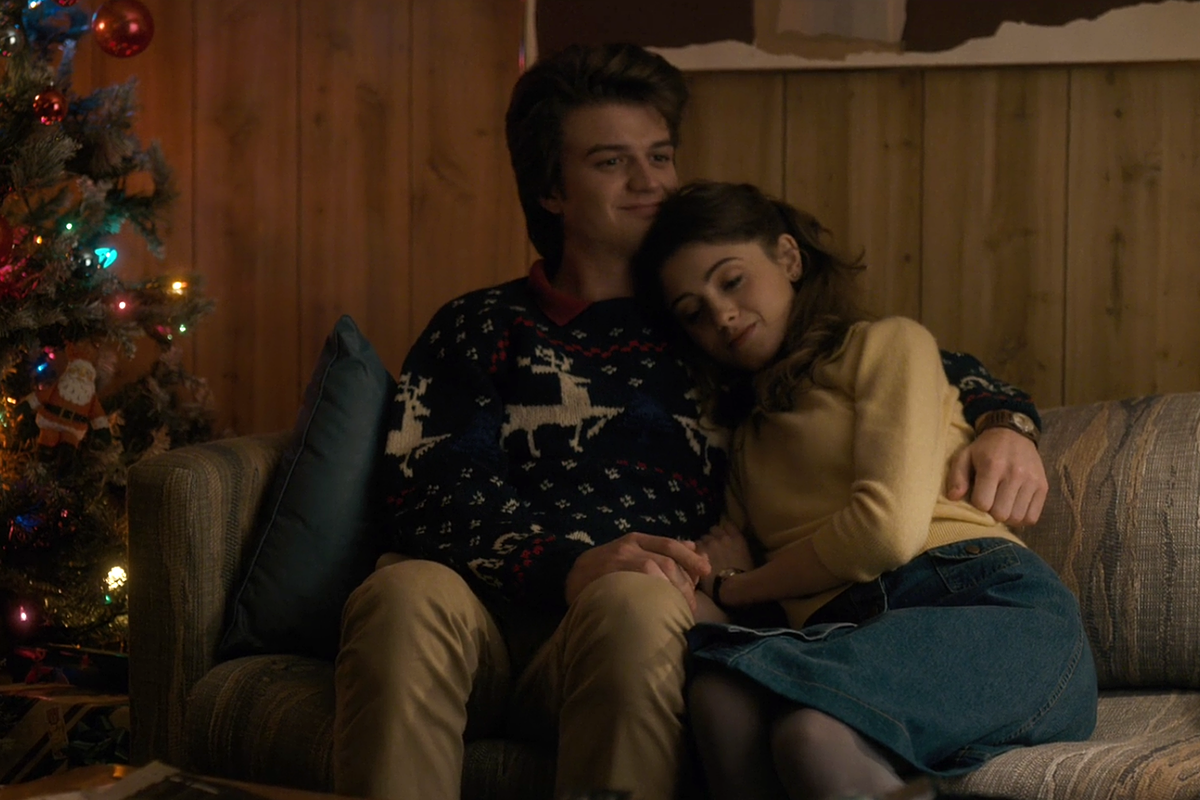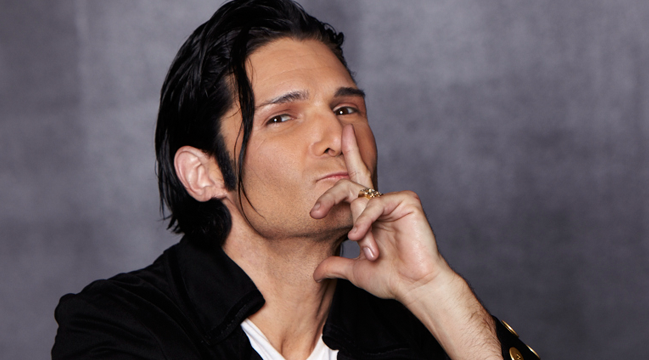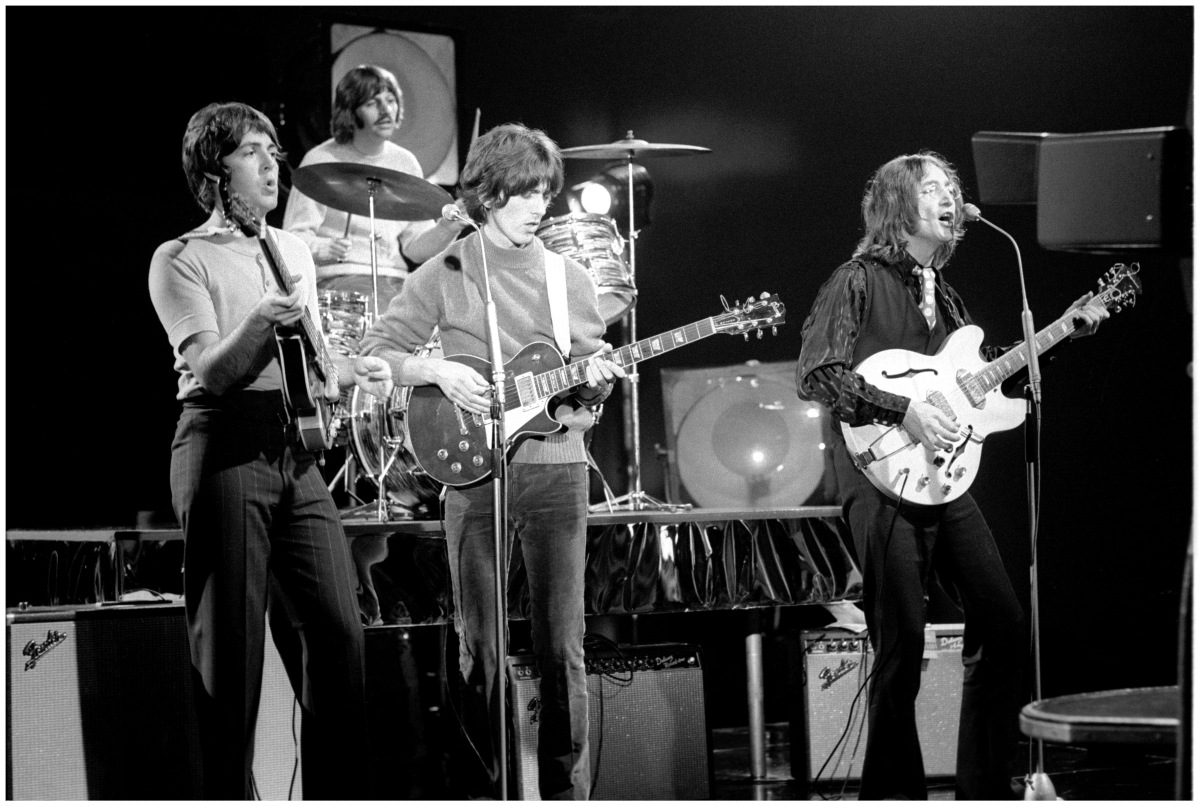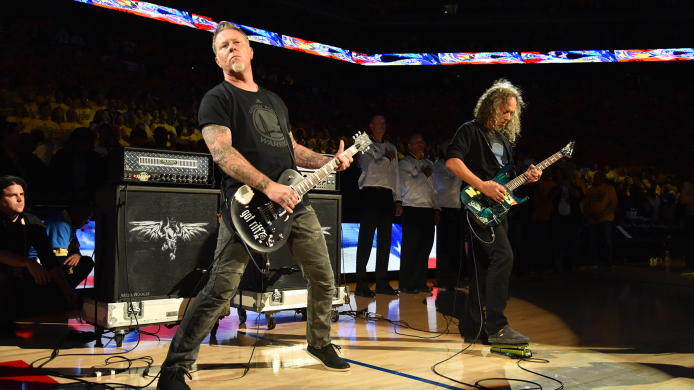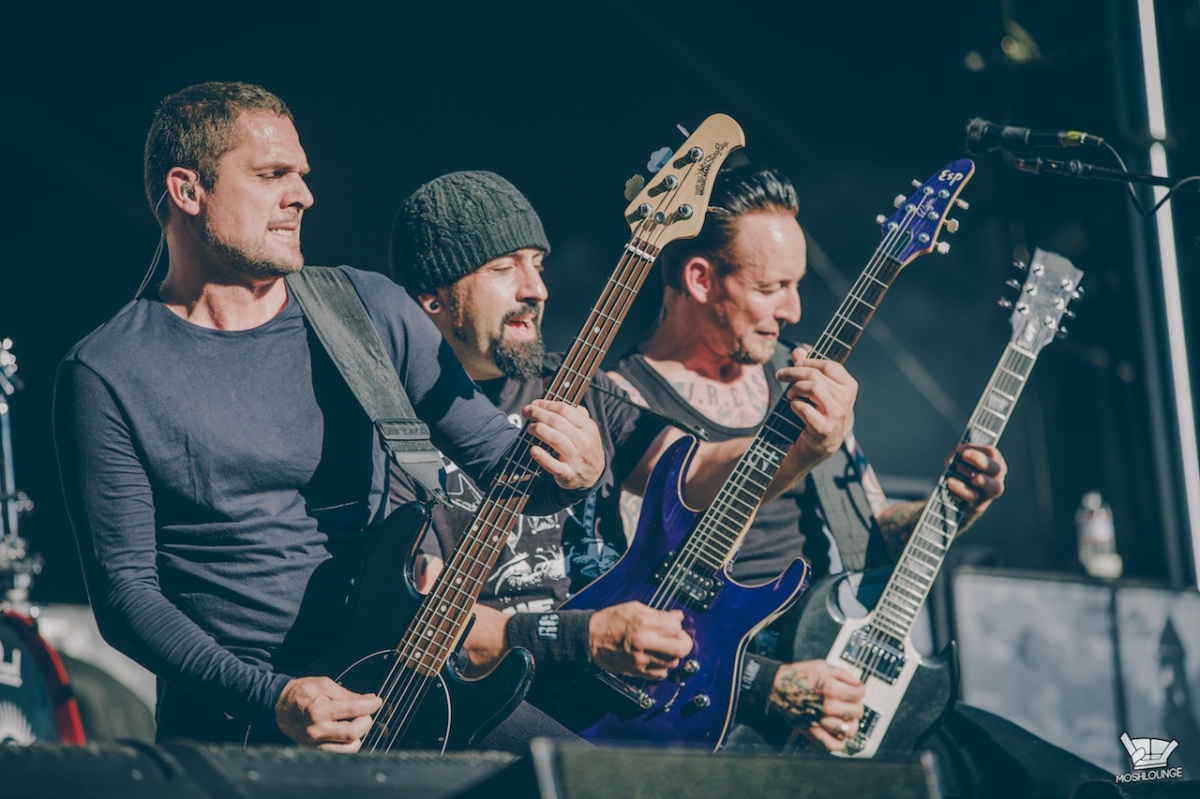Summer is a time so very often devoid of premier television programming. The major networks always wait until September or October to debut or return their keystone programming, setting up a battle royale for the nation’s attention. As a result, every new release stemming from June through August often goes unnoticed, with only true standouts able to garner the attention of the masses.
In past years, the summer has produced roughly one or two hit programs annually. Last year, USA Network’s Mr. Robot was the premier summer hit. USA also launched Suits, six years ago, to much acclaim, though relatively modest ratings. Netflix has also found significant summer success as a result of their spaced-out, movie studio-like release schedule. In recent years, Netflix’s summer has spawned the hit drama, Orange Is the New Black, and the animated cult-hit, BoJack Horseman (not to mention multiple decent programs). However, if you’re in search of a good CBS, NBC, or Fox program once the mainstays take their summer leave, you’ll be out of luck.
No, summer belongs to the less heralded programs, the ones introduced without much fanfare and renewed sporadically. Summer belongs to Stranger Things.

Yes, Netflix’s 80s-inspired, horror-drama hit has absolutely dominated the television conversation over the last few weeks. Boasting standout performances from a relatively unknown cast (not to mention the resurgence of Winona Ryder’s popularity), Stranger Things harkens back to the directors of old, the Spielbergs, Reiners, and Hugheses, to create an astounding and enthralling work of art. While the story is the key to Stranger Things‘s massive success, and it does work quite well, the show is undeniably nostalgia-driven.
Now, it’s foolish to breakdown every reference the Duffer Brothers attempted to sneak into their masterpiece. For one, there’s undoubtably several that will go unnoticed to all but the obsessive. More importantly, there’s already been numerous compilations highlighting Stranger Things‘s odes to Eighties cinema.
Rather, I would like to discuss the eclectic soundtrack of Netflix’s new hit program.

There’s numerous hit songs of the seventies and eighties used to score pivotal scenes from the onset. In the first episode, Jefferson Airplane’s “White Rabbit” and Toto’s “Africa” are busted out, both playing the part of well-selected hits that establish the tone of the show. Of course, The Clash’s “Should I Stay or Should I Go” is the highlight of the soundtrack, used on numerous occasions to establish a key plot-point in the early episodes and set up a fine call-back in the season finale. Looking throughout the entirety of the first season, the Duffer Brothers also include tracks like Modern English’s “I Melt With You” and Mykola Dmytrovych Leontovych’s “Carol of the Bells” to give the soundtrack a more expansive soundscape, while maintaining the delicate balance between campy and suspenseful. It’s a truly well-done soundtrack that could be poured over for several thousand words.
I’d like to focus on one particular track, though.
Trooper’s “Raise a Little Hell.”

If you’re not immediately recalling the scene that uses this track, go back and re-watch the second episode when Nancy and Barb arrive at Steve’s house for a tasteful get-together (roughly 30 minutes in). Don’t worry, I’ll wait.
…
Now that I’m sure you know what scene I’m referring to, and more importantly, the song itself, it’s time to offer my opinion on this particular soundtracking decision.
It was a really good one.

Alright, while I think it’s obvious that this was a really good choice, I guess I could explain my reasoning a bit. Allow me to break my defense of this choice into three equally important parts:
1. Popularity, or the lack thereof.
“Raise a Little Hell” is a perfect choice for this scene because of what it is not.
It is not a still-popular song that has found consistent airplay on classic rock radio, à la “Don’t Stop Believin'”. Hell, “Raise a Little Hell” wasn’t a terribly well-liked track when it was released in 1978, peaking at just 59th on the U.S. Hot 100. Also, it’s not from a band with any notoriety. Trooper is a Canadian rock group that only scored one Top 100 hit in the U.S. over the entirety of their existence. While they were fairly well-known in their home country, ultimately they proved too similar to the multitude of shined-up, pop-sensible rock bands of the 1970s to make a tangible global impression.
The low profile of the choice is remarkable. In an age where soundtracks typically go for obvious, lucrative partnerships with big label, big name artists, the Duffer Brothers found an instance where they could effectively choose an all-but-forgotten band and song, and pounced on the opportunity. I mean, Stranger Things included a song in their soundtrack with fewer than 250,000 plays on Spotify and a band with fewer than 50,000 monthly listeners. They went as far off the pop culture map as possible (without just creating a new song) for a five second soundbite. They put in work to arrive at this soundtrack choice and I respect the hell out of them for their effort.

2. The Fit
Here’s a quick ranking of the top five things where “fit” is most important:
- Tailored suits
- Adopting a pet (or human child, I suppose)
- Soundtrack/scene pairing
- High school cliques
- Gloves (obviously)
As you can see, the fit between a soundtrack and scene is super important. Put the wrong music behind a poignant moment in a film and it can ruin the momentum of the action. Think about any movie (or commercial) that used Sarah McLachlan’s “Angel” over an emotional moment. I bet it ruined everything. It’s an okay song, don’t get me wrong, but it’s too overbearing to pair with any important scene. ASPCA commercials are about the only film pairing with which “Angel” belongs.
On the other hand, the perfect pairing allows for a director to mold the tone of important scenes in a way that can make a scene unforgettable. Badfinger’s “Baby Blue” made the series finale of Breaking Bad iconic. I can’t hear the Rolling Stones’ “Gimme Shelter” without thinking of Martin Scorsese films, particularly the opening scene to The Departed. And now, in the same way, I will forever be unable to listen to “Raise a Little Hell” without thinking about Steve Harrington’s voluptuous coif opening the door to, quite possibly, the most unexciting party in the history of modern film.

Seriously, I can’t think of a better selection for our beloved Steve’s theme song. A+.
3. “Raise a Little Hell” is Freakin’ Dope
Honestly, this song has long been one of my under-the-radar favorites and I’m so glad it’s finally been introduced to the masses. The harmonizing of the chorus is Journey-level catchy. They’ve got a keyboardist named Gogo. Plus, they’re Canadian and Canadians deserve more respect from the masses.
We’ve got a song encouraging mild anarchy being performed by a relatively unknown Canadian rock group. Take that, Canadian stereotypes painting our neighbors to the North as pacifistic and polite!

In conclusion, I’d like to personally thank the Duffer Brothers and everyone involved with Stranger Things for including a fun, relatively unknown classic in their first season. Hopefully they’ll work in Kim Mitchell’s “Go for Soda” in season two!


